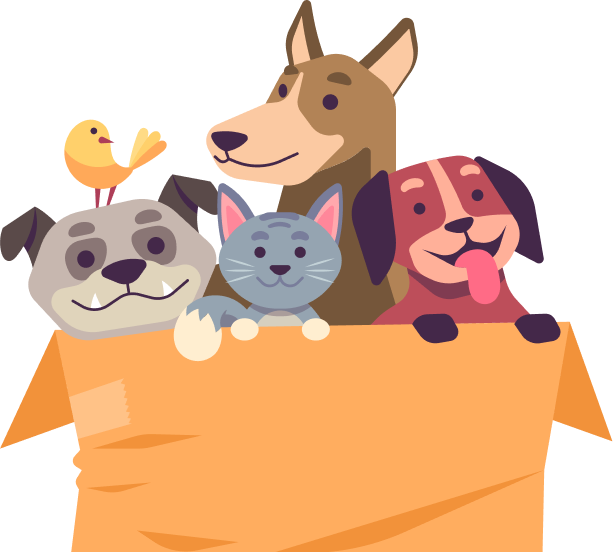Teaching your dog to appreciate care
Your dog refuses to be treated?
It’s panic on board at the veterinarian, groomer or other care professional?
You have to take care of him for X reasons at home and it’s a stressful moment for both of you?
He hates the muzzle or the collar, takes it off and shreds it?
Would you like to have a better relationship and communication?
Would you like to make care more pleasant?
You are a professional of the canine world and you would like your patients to feel more comfortable during your consultations?
Cooperative care makes it possible.
BUT WHAT IS IT?
Cooperative care initially comes from zoological parks (Husbandry Training), the physical constraint being difficult with lions, elephants, monkeys, etc. (Try to treat a gorilla by force?) This technique consists in teaching the different animals to give the flipper or to open the mouth during the care so that they can be done easily. These are skills that we can also transfer to our dogs. We can also raise the ethical question: would we like to be forced during a treatment session?
The difference between medical training and cooperative careMedical training: This method consists of training the animal in question for the care by different methods (habituation, desensitization, etc.), BUT the animal has no real notion of choice.Example: Carrying out the care + Giving a treat = Pleasant association (Reinforcing the fact of being “let do”).Cooperative care: The goal will be to teach the dog different behaviors that will serve as green light signals to be treated. Example: If the dog gets into the “I’m ready” position, we can handle him; if he disengages, we stop handling.
THE ADVANTAGES OF TEACHING YOUR DOG TO APPRECIATE CARE
The goal of cooperative care is to train our dogs to be cared for voluntarily.This has many benefits:- Eases care and makes it easier to perform.- Reduces stress and improves the dog’s well-being while giving him the notion of control.- Strengthens the relationship with his human.- Limits anesthesia/sedation.- It is important to train your dog to appreciate the different treatments beforehand so that, if an accident were to happen, he would be able to endure the manipulations with as little stress as possible.
Teaching your dog to appreciate care
HOW TO DO IT ?
The goal is to teach the dog different positions (position to be determined according to the care to be performed) that will serve as green light signals to indicate that he is present for the care to be performed. If the dog disengages from his position, we will stop all manipulation without blaming him. We will also teach the dog the idea of a resting zone. If the dog stays in the consenting position, he will get a reinforcer. If he leaves the position, but stays next to us, he will get nothing. On the other hand, if he decides to go to his resting area (cot, basket, mat, etc…) because he needs a break, or to stop, he will be reinforced.
Thus, he will be able to be totally in control of the session! Advantages – Real notion of choice – If the dog gets frustrated, doesn’t understand and indicates a break, he will still have a reinforcer – Allows to judge the emotional state of the dog – The idea of station can be developed to any other training, other than cooperative care – Allows to make the dog wait the time to prepare the material – Cooperative care is a long approach to set up, but it’s worth the effort, because it’s much more pleasant to take care of your dog with confidence and mutual respect, than by force and stress.
However, when the dog is not sufficiently trained in the positions, we can use high value treat dispensers to keep him occupied and to provide care so that he has a pleasant time. We will call these “dressing solutions”.
Likimat, kong, digging mat, suction cup target to fill with food to stick on the wall for the shower, etc… The goal is that the dog can eat continuously during the care. If he stops eating, we stop the manipulation to always have this notion of respect of his choice. When he starts eating again, we can continue. As time goes by, the dog understands that he can control the interaction, and this is a temporary solution in case of emergency.
Teaching your dog to appreciate care
Deciding to start cooperative care is a way to create / re-establish a bond of trust with your dog, it is another way to dialogue and love him. When will you start?










